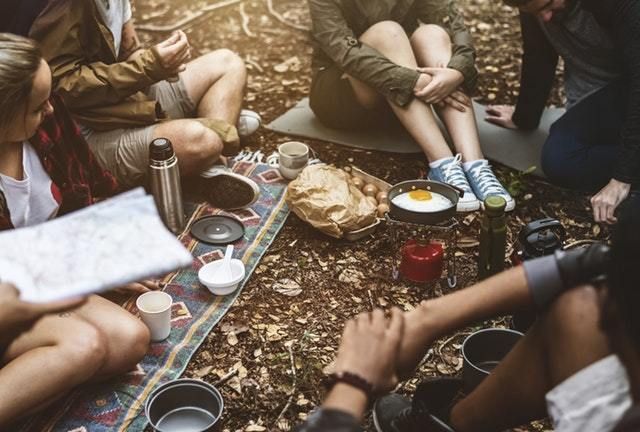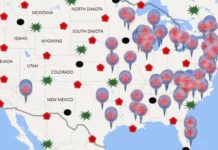If you’ve been moving in that direction for a while now, or if you’re just starting out, it’s important to consider how many of these lifestyle choices, changes, and preparations your kids may feel. While it may be easy to gauge your tweens and teenager’s reactions (and spirited opinions) to some of your family plans, it ‘s important to have frequent frank conversations with younger children to get in their minds and find out what they’re thinking and feeling about – without unintentionally making them feel insecure.
It may be challenging knowing where to start when talking to young people, so I’ve put together this list of tips to start discussions with your kids about survival supplies, food sovereignty, prepping and survival.
Find out what your child already knows
If a kid asks you a challenging question, you might just turn it around and ask, “What have you heard?” This allows your child to explain what he/she understands (or misunderstands) in their own words, and allows you to learn more about what underlying concerns are prompting the question.
Simply answer
Once you understand the deeper concerns, only provide responses that are age-appropriate for the development of your child. One sentence might be enough for some. Other times, under the question of a child, you may feel that he or she is concerned about their safety or the safety of those they love-so be sure to offer a lot of guidance and support. You can show all the different ways the child is healthy at the moment and say, “We have all the food and water we need to eat and drink,” or, “Our home is strong and healthy.”
Ask more questions
For instance, if your child brings up something about people being injured or suffering from what they saw on the news, you might say, “I feel sad about those people being hurt. How are you feeling?
Related: Homeschooling Parents Tips
Keep communicating


Be willing to address it all over again – kids might need to ask the same questions several times. It’s a sign they’re still thinking about the issues, and may want more information. At first go and try not to overwhelm them – save some information for other discussions.
Although we want our kids to feel protected at home, we also want to balance that with a healthy awareness and knowledge of the true horrors that we might face in life – whether it’s a loved one’s possible death, job loss, medical emergency, natural catastrophe, invasion, zombie assault, or apocalypse (even the last two might be a slight stretch of imagination – but it’s important).
It ‘s crucial that we speak at their level, using simple terms and explaining them in ways they can easily understand. It is best to avoid using advanced logic and reasoning that they have no grasp of their still-developing brain. It is also necessary to note that humans will not become truly “adults” until our pre-frontal cortex (the part of our brain that allows us to suppress impulses and plan and coordinate our actions to accomplish a goal) is completely formed – around 25 years old. That means challenging discussions over the years on this topic are bound to come up again and again. Be prepared to answer them, not if, but when, the conversations come up.





















